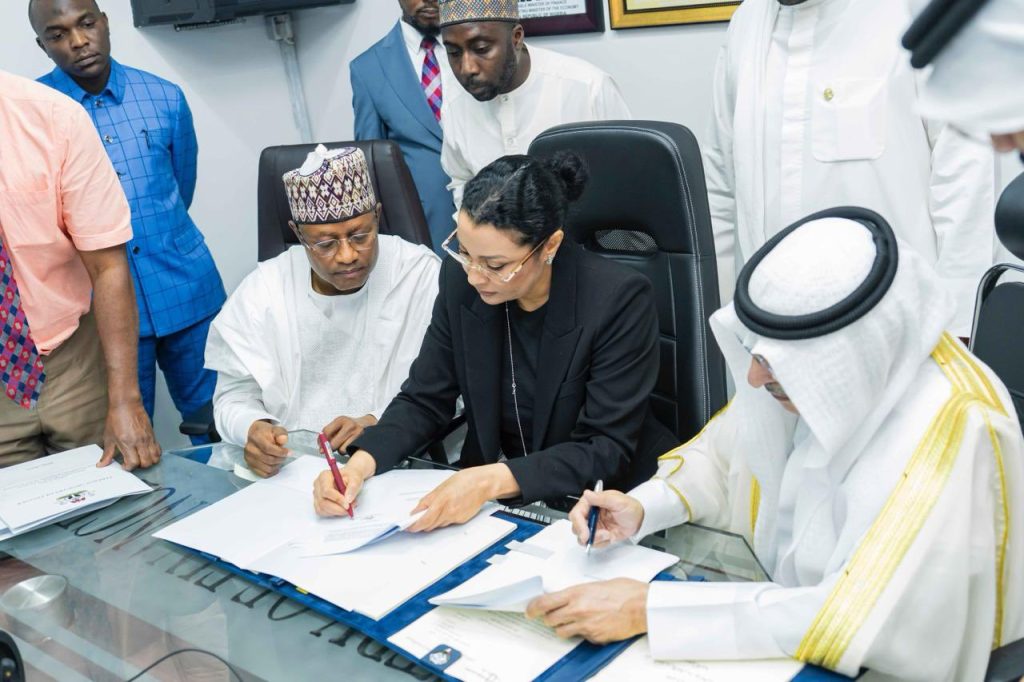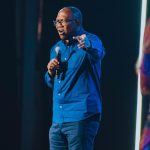Through the Ministry of Finance, the Nigerian Government signed a $62.8 million Memorandum of Understanding (MoU) with the Kuwait Fund for Arab Economic Development (KFAED) for the Reaching Out-of-School Children (ROOSC) project in Kaduna State.
The MoU, witnessed by Senator Uba Sani, Executive Governor of Kaduna State, is a “significant step” by the State to “expand access to education”.
Since 2023, the Governor said, his administration allocated “25%” of the State’s budget to education which made it increase to 26.14% in 2025.
Also, Sani made known , his government has built “60 new secondary schools, and constructed 700 classrooms.”
In Nigeria, more than “18 million” children are out of school as the.ROOSC project is aimed at “eliminating barriers to education”.
Governor Sani posted on X: “I had the honour of witnessing the signing of a $62.8 million Memorandum of Understanding between the Federal Government of Nigeria—through the Ministry of Finance—and the Kuwait Fund for Arab Economic Development (KFAED) for the Reaching Out-of-School Children (ROOSC) project in Kaduna State. This historic agreement marks Kuwait Fund’s first intervention in Nigeria and represents a significant step forward in our efforts to expand access to education.
“The Hon. Minister of State for Finance, Dr. Doris Uzoka-Anite, signed on behalf of the Federal Ministry of Finance, while H.E. Dr. Waleed Al-Bahar, the Director General, signed on behalf of the Kuwait Fund.
“Since May 29, 2023, our administration has made education a cornerstone of development. In 2024, we allocated 25% of Kaduna State’s budget to education, rising to 26.14% in 2025. We have built 60 new secondary schools, constructed 700 classrooms, renovated over 1,049 classrooms, reduced tuition in state-owned tertiary institutions by 50%, and established three modern vocational institutes aligned with the Federal Government’s Technical and Vocational Education and Training (TVET) agenda.
“With over 18 million children still out of school in Nigeria, the ROOSC project provides a timely, community-driven response aligned with SDG 4. Developed with local and international partners, it seeks to eliminate barriers to education and reintegrate marginalized children into the formal system.
“Kaduna State has met 100% of its counterpart funding obligation. The project will deliver 102 climate-resilient schools and rehabilitate 170 learning centres across all 23 LGAs, focusing on school safety, inclusive learning environments, and the reintegration of girls, children with disabilities, and internally displaced children.”



